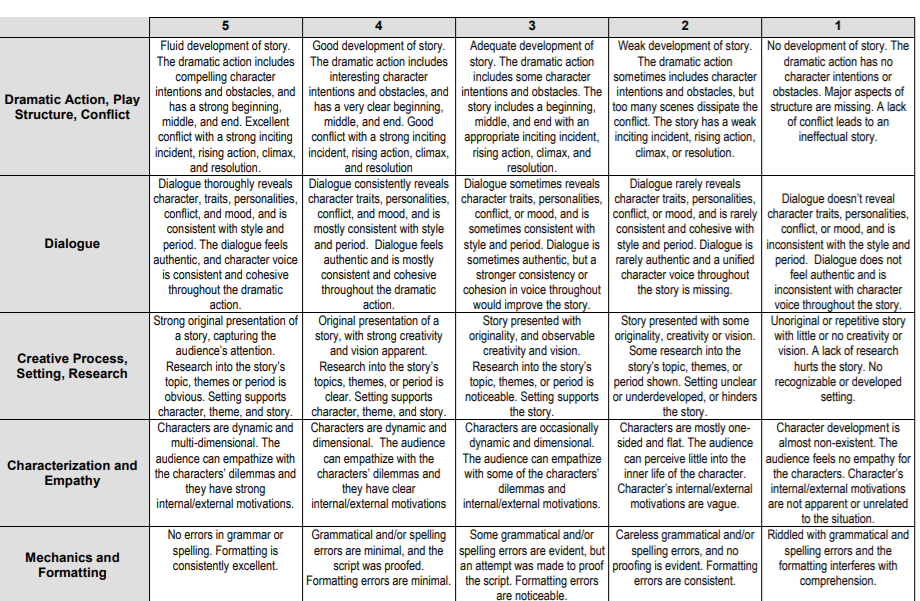Unlock the Secrets of Writing an Engaging Play: A Comprehensive Guide
Writing a captivating play is a creative endeavor that requires careful planning, attention to detail, and a deep understanding of the art form. Whether you’re an aspiring playwright or an experienced writer looking to improve your craft, this comprehensive guide will provide valuable insights and practical tips to help you unlock the secrets of writing an engaging play.
1. Understanding the Basics of Playwriting
– Start with a compelling concept: Your play should have a unique and intriguing concept that grabs the audience’s attention from the start.
– Develop well-rounded characters: Create characters with depth, conflict, and clear motivations to keep the audience invested in their journey.
– Craft a compelling plot: Structure your play with a clear beginning, middle, and end, ensuring each scene propels the story forward.
2. Creating Memorable Dialogues
– Write authentic and believable dialogues: Capture the way people speak while infusing your characters with distinct voices and personalities.
– Use subtext and dramatic tension: Let your characters say more through what they don’t say, creating layers of meaning that engages the audience.
3. Setting the Stage
– Consider the physical environment: Visualize the setting of your play, creating a vivid and immersive experience for the audience.
– Utilize stage directions effectively: Use stage directions to enhance the storytelling, describing character actions and movements that contribute to the overall narrative.
4. Employing Conflict and Emotional Stakes
– Make conflict central to the story: Introduce and escalate conflicts that create tension and drive the plot forward.
– Raise emotional stakes: Establish what is at risk for your characters, ensuring the audience becomes emotionally invested in their journey.
5. Incorporating Themes and Metaphors
– Explore universal themes: Weave profound themes into your play, allowing the audience to resonate with the larger message.
– Utilize metaphors to enhance storytelling: Incorporate metaphors creatively, using symbolism to deepen the meaning and add layers to your play.
6. Refining Your Work
– Seek constructive feedback: Share your drafts with trusted peers or attend playwriting workshops to receive valuable feedback that can help improve your writing.
– Revise, edit, and polish: Refine your play by revising weak sections, trimming unnecessary elements, and ensuring coherence and clarity.
7. Research and Learn from the Masters
– Study successful plays: Read a variety of plays from different genres and eras to broaden your understanding of the craft and gain inspiration.
– Learn from renowned playwrights: Explore the works of influential playwrights like Shakespeare, Chekhov, and Williams to learn from their storytelling techniques and styles.
By following these tips and putting in the time and effort to refine your writing, you will unlock the secrets of crafting an engaging play. Remember, playwriting is an art form that requires continuous learning and practice, so don’t be afraid to experiment, take risks, and allow your unique voice to shine through. With dedication and perseverance, you can create plays that captivate audiences and leave a lasting impact on the world of theater.











